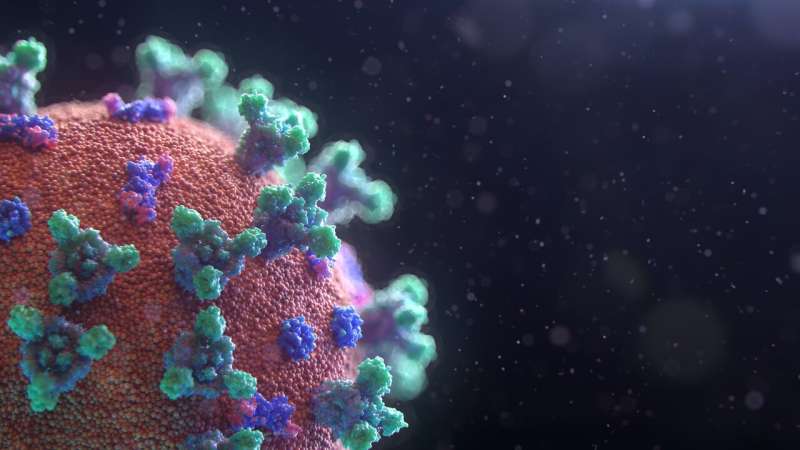
Nearly half of Portugal’s population will be placed under night-time curfews again from Friday as the government seeks to rein in a resurgence in coronavirus infections, primarily due to the more contagious Delta variant.
Nearly four million people living in 45 municipalities including Lisbon and the Algarve, as well as major northern cities such as Porto and Braga, will not be allowed to leave their homes between 11:00 pm and 5:00 am under the new rules.
The move marks a reversal from the gradual reopening that Portugal had embarked upon in mid-March after suffering a severe wave of infections at the beginning of the year.
“The situation isn’t comparable to the more difficult moments our country has faced during the past year and a half, but it’s deteriorating,” said government spokeswoman Mariana Vieira da Silva, announcing the measures on Thursday.
In areas designated “high risk” or “very high risk”, restaurants, cafes, businesses and cultural venues must cut back their opening hours and the number of visitors and clients.
Weekend travel between Lisbon and the rest of the country has already been banned for the past two weeks as authorities ramp up testing and vaccinations.
For the first time since mid-February, the number of daily new cases in Portugal topped the 2,000-mark, compared with around 500 during the spring.
Prime Minister Antonio Costa’s government came under fire for being the only EU country to admit British holidaymakers during three weeks starting from mid-May when the highly contagious Delta variant was widely circulating in Britain.
“It’s a repetition of what happened between December and January with the Alpha variant,” said Ricardo Mexia, head of the association of doctors working in the public health system, referring to another highly transmissible variant first detected in Britain.
The Delta variant, the most contagious of any COVID-19 strain yet identified, was first detected in India and has now spread to dozens of countries around the world.
The number of hospitalisations due to COVID-19 in Portugal has more than doubled since the end of May and currently stands at 500, but that is far below the record of nearly 7,000 last winter.
Source: Read Full Article
